Mascot of the Month: Wojtek the Soldier Bear

As this week marks the 80th anniversary of the Battle of Monte Cassino, it’s the perfect time to honor one of its most legendary participants and the most famous mascot of World War II, Wojtek the Soldier Bear, as our Mascot of the Month!
Adopting a Cute Little Cub —

In April 1942, Polish soldiers recently freed from captivity in the Soviet Union were en route to Tehran as part of Anders Army. They came across a young Iranian boy who had found a Syrian brown bear cub whose mother had been shot. The soldiers bought the cub from the boy, and took it under their wing.
Initially they fed the little cub condensed milk out of a vodka bottle, supplementing his diet with fruit and honey, and eventually sharing with him their other rations. As he grew, Wojtek loved drinking beer and cigarettes (which he preferred to eat rather than smoke).

To Wojtek, the soldiers were the parents he’d lost. They became his family, and the soldiers loved Wojtek as if he were a member of their families. They liked to play and wrestle with him, and Wojtek would sometimes sleep with them. He’d stand on his hind legs to march with them and was taught to salute when greeted. He sometimes traveled in the front seat of a jeep, his head hanging out the window to the surprise of the people they passed.


Private Wojtek —
Wojtek’s unit, the 22nd Artillery Supply Company, was part of the Polish II Corps under the command of General Władysław Anders. They trained and fought with the British Eighth Army. As the Polish II Corps moved from Iran to Iraq, Syria, Palestine and Egypt, Wojtek went with them.
But when the Polish II Corps was assigned to the Italian campaign, a problem arose. The British transport ship which was to carry them from Egypt to Italy did not permit pets or animal mascots.

To get around this restriction, the clever Poles enlisted Wojtek in the Polish II Corps. He was given the rank of private, with his own serial number and paybook, and thus was able to accompany his unit to Italy.
Battle of Monte Cassino —
From January to May 1944, the Allied push up Italy was stalled at Monte Cassino, where the Germans had established a strong defensive position atop the mountain that enabled them to control the surrounding terrain. They were sheltering in the bombed-out ruins of the monastery that had occupied the mountain top before the war.
After three unsuccessful attempts by other Allied units had failed, the Polish II Corps was given the job of taking the hilltop monastery. The fourth battle of Monte Cassino began the night of May 11/12, 1944.
During this battle, Private Wojtek pitched in to help. He watched his comrades moving 100-pound crates of artillery shells, which usually took as many as four men to carry. Then he jumped in — he was big enough and strong enough to carry each crate by himself, and place it where his comrades indicated.
Although some have expressed doubts about Wojtek’s service during the Battle of Monte Cassino, according to an article in Der Spiegel, “a British veteran recounted how he was taken aback when he suddenly saw a full-grown bear calmly schlepping mortar shells past him during the bloody Battle of Monte Cassino.”
Promotion and Insignia —
Wojtek’s service during the Battle of Monte Cassino earned him a promotion to corporal, and with the approval of the Polish high command, the 22nd Artillery Supply Company changed its insignia to a bear carrying an artillery shell.

Wojtek stayed with his comrades in the 22nd Artillery Supply Company throughout the rest of the war, as they fought their way up Italy.
Postwar —
After the war ended, Wojtek accompanied the 22nd Artillery Supply Company to Britain, where they were based in Scotland until demobilization in 1947.
But though the Allies had won the war, Poland was not free. Instead, the country was consigned to the postwar communist sphere of influence by its erstwhile allies, the United States and Britain, who ceded Poland and part of Europe as far west as eastern Germany to the Soviet Union.
A large number of the Polish soldiers who had fought in World War II, including many in Wojtek’s unit, did not want to return to a communist Poland. Nor did they want their comrade Wojtek sent to Poland to be used for communist propaganda. But none of them could take the bear with them into private life.
Although it was a difficult decision for the soldiers, they decided that the best solution was for Wojtek to be given to the Edinburgh Zoo until he could be brought to a free Poland. The parting was heartbreaking both for the soldiers and for Wojtek, whose whole life had been spent in the bosom of his military family. But on November 15, 1947, Wojtek moved to the Zoo.

Thereafter, Wojtek always perked up when he heard visitors to the Zoo speaking Polish. His comrades came to visit him, sometimes jumping into Wojtek’s enclosure to wrestle with him as in old times, or bringing him beer or cigarettes.
Wojtek lived at the Edinburgh Zoo until his death in December 1963, at the age of 21. Poland did not become free until the fall of communism in 1989.
Legacy —
Wojtek’s legacy lives on, a beautiful testament to the bond between man and animal, which can be particularly precious during wartime, when men and women are far from home facing danger every day.

Our Mascot of the Month, Wojtek the Soldier Bear, has been memorialized in numerous articles and books; in a 2011 film Wojtek the Bear that Went to War as well as a number of online videos; in many statues in Poland, Scotland and Italy, the most known of which was installed in Edinburgh in 2015. Wojtek has even been honored with his own beer!

Stefan Tompson (@StefanTompson) has done a terrific video review of Wojtek’s life and wartime experience, see below.

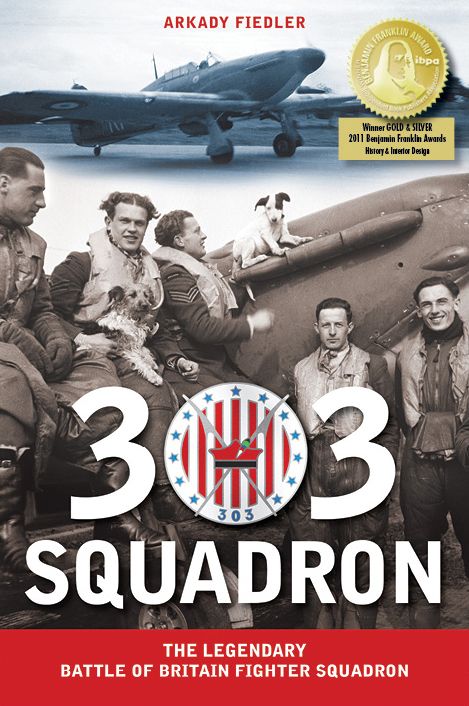
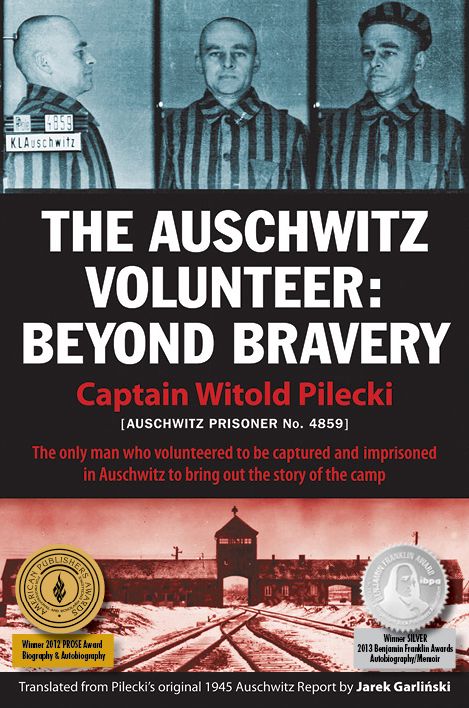


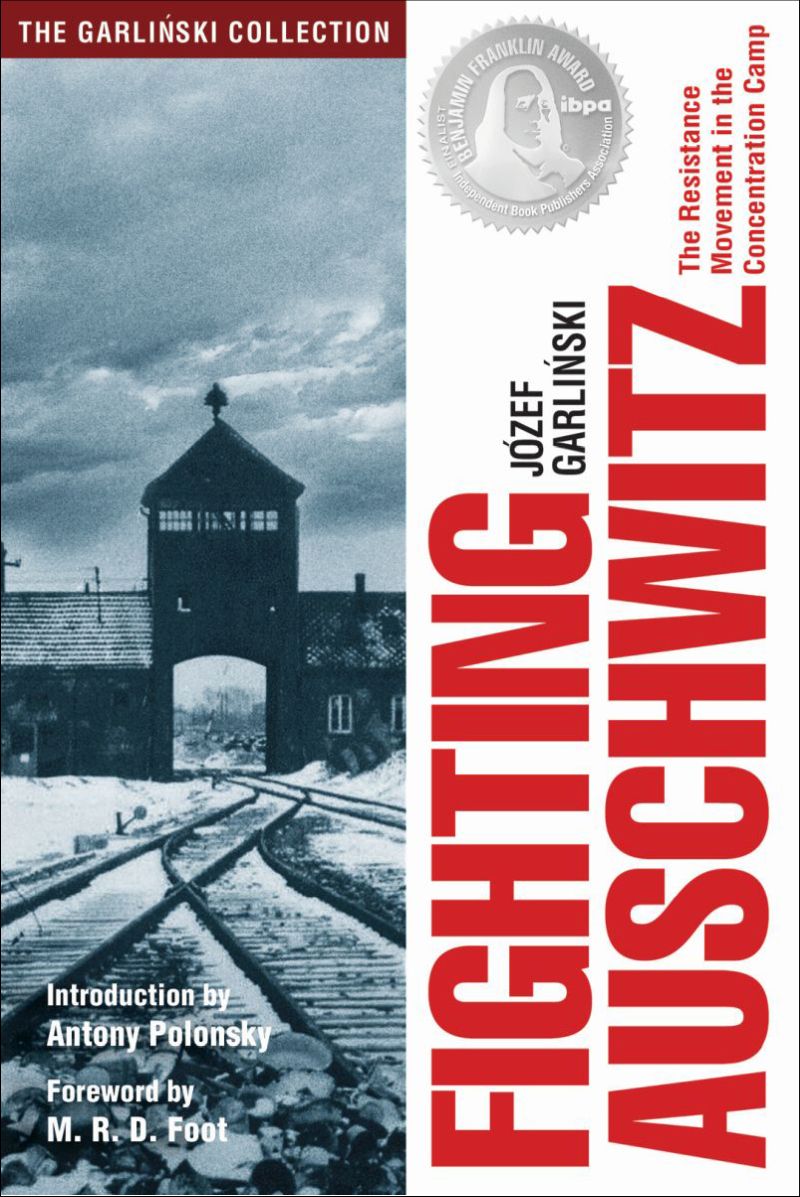

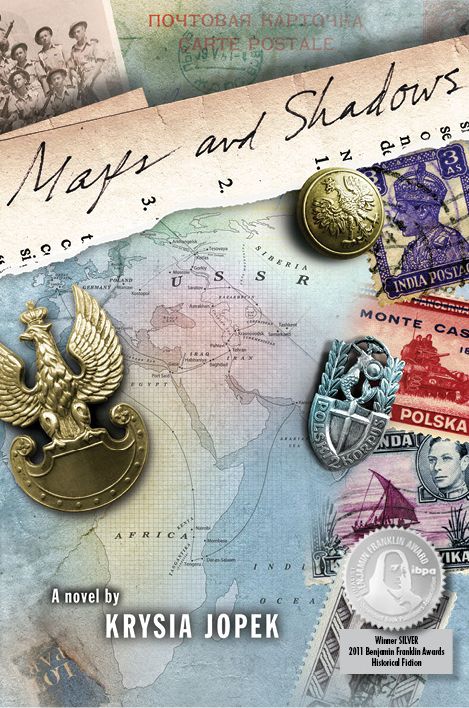
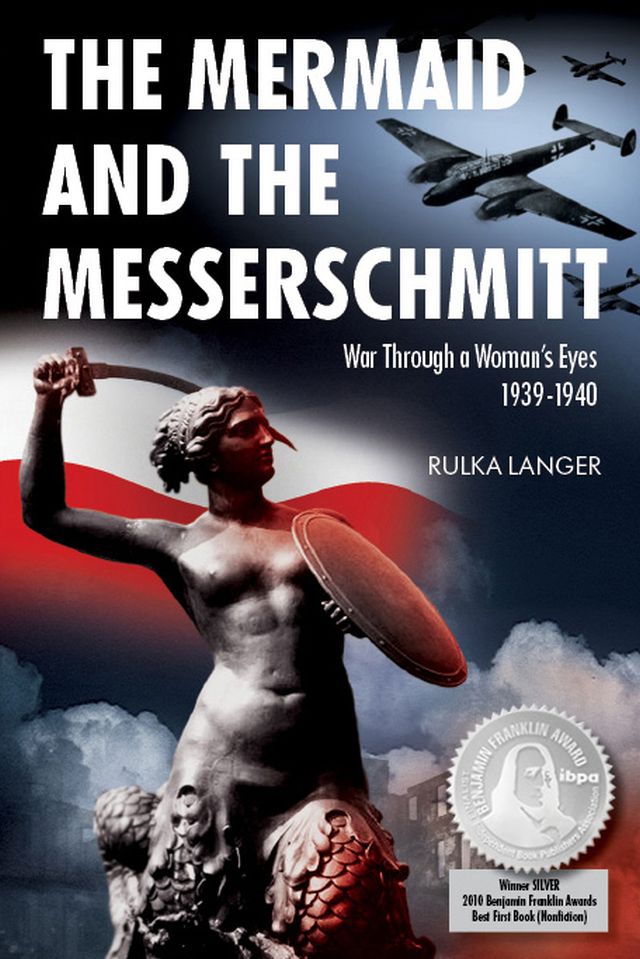

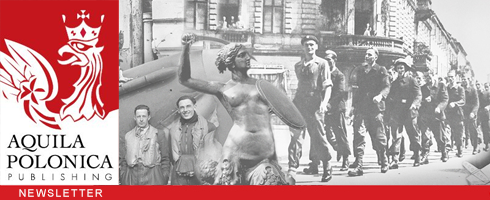

No comment yet, add your voice below!